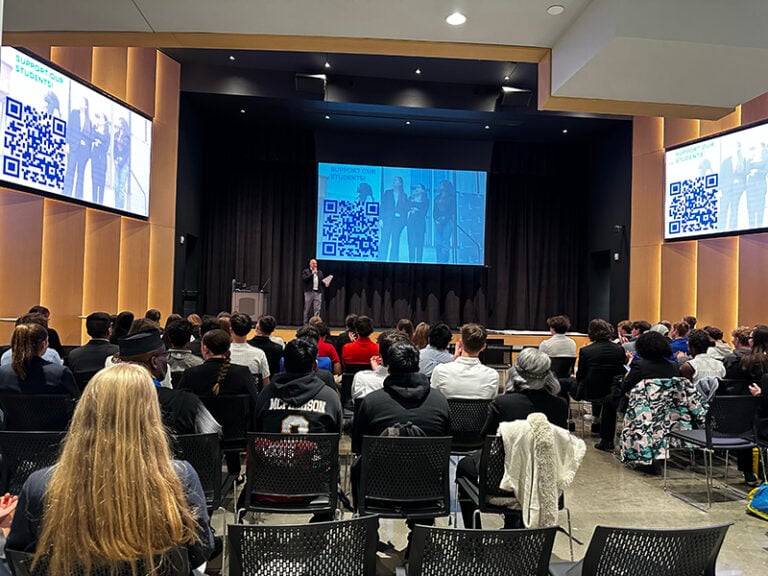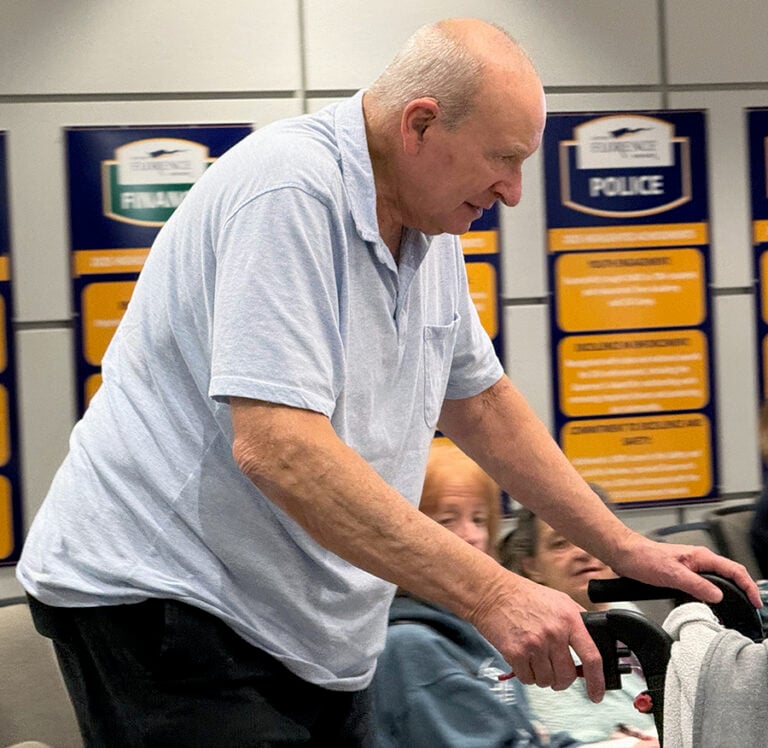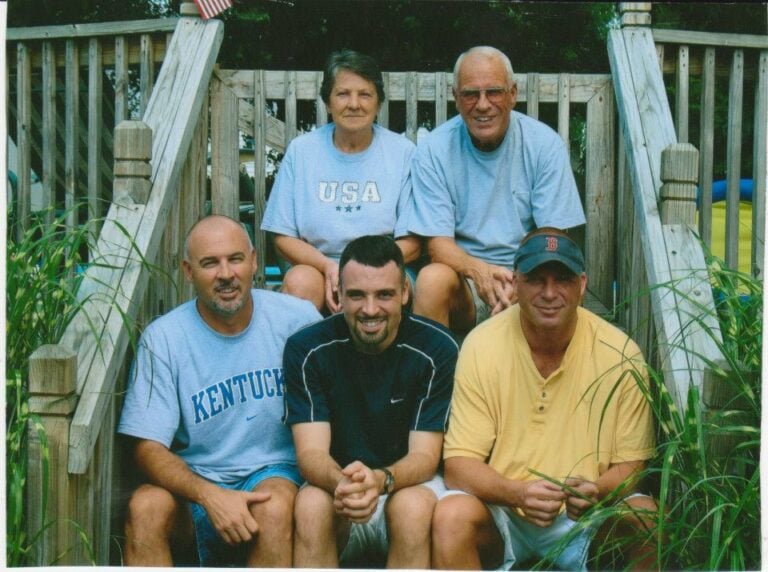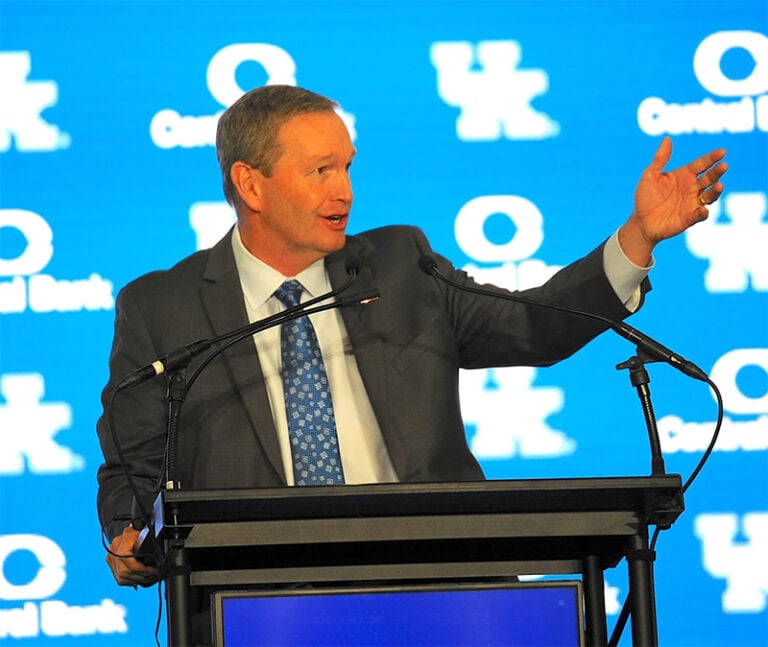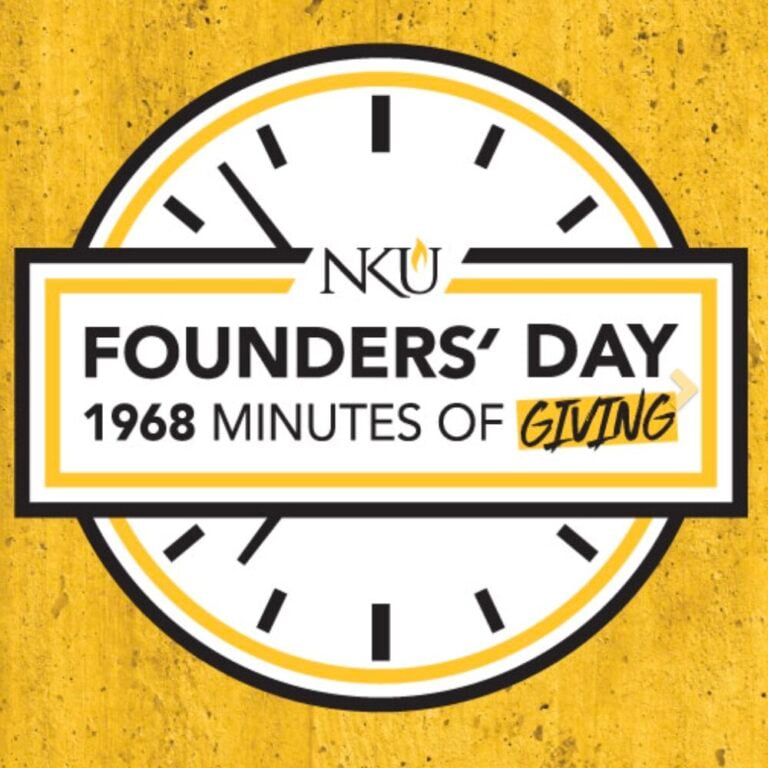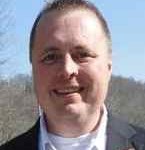Could the key to curing cancer, finding traces of water on the moon or developing the next wave of communication originate in Appalachia?
I’ve mentioned in previous columns that Morehead’s space science presence is making waves throughout the country. Talking about the possibilities of this industry is great, but what about its practical application? How can the technology being developed in Eastern Kentucky help propel humanity forward?
If last week was any indication, these questions are starting to be answered.
On March 30, Gov. Steve Beshear and Congressman Hal Rogers came together for a Shaping our Appalachian Region (SOAR) meeting to announce a new company was coming to Morehead. The company, Rajant Corp., announced its plan to hire 28 new high tech employees at their new location in downtown Morehead. (See NKyTribune story here.) Their stated reason for coming to Morehead: to be close to Morehead State University’s nationally recognized Space Science Center and to pursue ways the company can match their own radio frequency expertise with the university’s small satellite expertise.
Later that evening, MSU previewed to the public a business incubator that will open in the coming weeks. The incubator will provide office and co-worker space for entrepreneurs and targeted assistance from the Kentucky Innovation Network staff focused on growing tenant enterprises. While the incubator will be open to all types of businesses, one wing will be focused on engineering and space science enterprises. This will make Morehead home to the only business incubator in at least a multistate region with a focus on growing aerospace related companies.
In addition to the space and the technical assistance of the Innovation Network and its Small Business Development Center partners, tenants will be be part of a community of businesses that can grow alongside one another. To top it all off, MSU is locating one of its most distinguished faculty members in the facility. Bob Twiggs, the co-inventor of the small satellite known as the “CubeSat” will serve as engineer in residence and offer engineering advice to tenant companies.
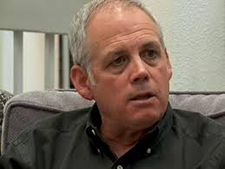
The next day, Tuesday, March 31, the Kentucky Innovation Network office at Morehead held its second-annual aerospace day conference; this time, the event was an IdeaFestival affiliate event. For the first time, long-time patrons of IdeaFestival, a yearly gathering of some of the world’s most progressive thinkers and visionaries, were able to venture to eastern Kentucky to see a preview of the world of the future. They weren’t disappointed.
One of the first speakers at IF Aerospace was Kentucky space industry pioneer Kris Kimmel. Kimmel formed the consortium, Kentucky Space, which has launched multiple Kentucky-made satellites that have orbited the earth; he created Space Tango, one of the world’s only space-science-focused business accelerator programs; and he coined the term “exomedicine” to describe zero gravity medicine.
According to Kimmel, studying cancer and other human ailments in space could lead to dramatic new breakthroughs in the science of medicine. First, though, we have to get those experiments up in orbit. Kimmel proposed creating the world’s first institute focused on exomedicine right here in Morehead. The possibilities for this community, should the initial experiments begin to reap successes, are truly amazing to consider. No stranger to making big ideas happen, Kimmel’s support for the idea and its location creates some incredible opportunities if the community can only seize them.
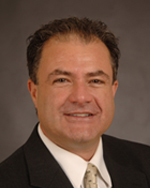
Finally, as if not to be outdone, another groundbreaking Kentucky space pioneer took the stage at IdeaFest. Dr. Ben Malphrus is the founding dean of the Space Science Center. His college now has freshmen through masters’ students engaged in learning applied space fundamentals. Because of his efforts, Eastern Kentucky freshmen have the opportunity to do fascinating things like build satellites and track the satellites orbit Earth.
Malphrus, surrounded by President Wayne Andrews and a host of other MSU dignitaries, announced that MSU has been awarded the prestigious opportunity to build a satellite that NASA will launch to the moon to look for water. A more than $15 million project, nearly half of that money will be used in Morehead to build and then track the lunar-probe.
For someone who grew up in the coalfields of Appalachia, it was a heady couple of days. To think that technology like this can be made in a small county like Rowan County is impressive, indeed. Now, the challenge is to make these plans a reality. And our challenge, at the Kentucky Innovation Network, is to ensure that small businesses play a significant role in these out-of-this-world opportunities.
Johnathan Gay is an attorney and the director of the Kentucky Innovation Network office at Morehead State University. To learn more about the Kentucky Innovation Network or to get involved in entrepreneurial projects, click here.








